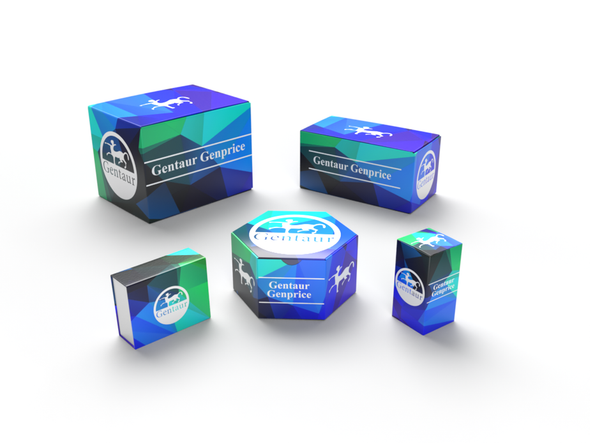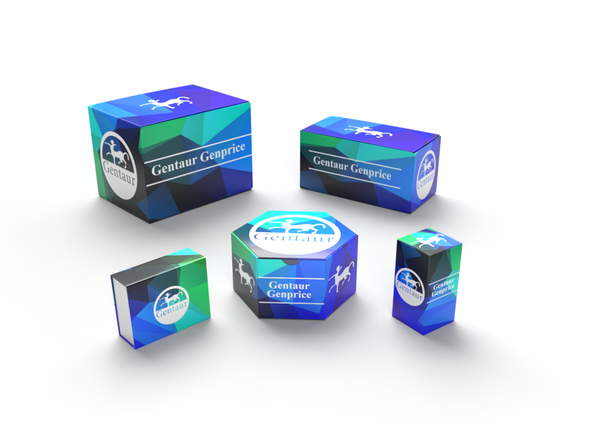BW
DAPK1 (phospho-S736) polyclonal Antibody | BS64196
- SKU:
- BW-BS64196
- Availability:
- Usually ships in 5 working days
Description
DAPK1 (phospho-S736) polyclonal Antibody | BS64196 | Gentaur UK, US & Europe Distribution
Host: Rabbit
Reactivity: Human
Application: IHC
Application Range: IHC: 1:50~1:200
Background: DAP (death associated protein) kinase and ZIP kinase are members of a novel protein kinase family, the members of which have the capacity to mediate apoptosis through their catalytic activities. DAP kinase (DAPK) contains a “death domain” and has been shown to mediate IFN-γ-induced apoptosis. The introduction of DAPK into highly metastatic carcinoma clones lacking DAPK expression has been shown to result in the suppression of metastasis, thus linking suppression of apoptosis to metastasis. ZIP kinase contains a leucine zipper domain, which is necessary for homodimerization and for interaction with other leucine zipper proteins. ZIP kinase dimerizes with ATF-4, an ATF/CREB transcription factor family member that contains a leucine zipper. Overexpression of ZIP kinase has been shown to result in morphological changes associated with apoptosis in NIH/3T3 cells.
Storage & Stability: Store at 4°C short term. Aliquot and store at -20°C long term. Avoid freeze-thaw cycles.
Specificity: DAPK1 (phospho-S736) polyclonal Antibody detects endogenous levels of DAPK1 protein only when phosphorylated at Ser736.
Molecular Weight: ~ 160 kDa
Note: For research use only, not for use in diagnostic procedure.
Alternative Names: DAK1; DAP K1; DAP kinase 1; DAPK 1; DAPK; DAPK1; DAPK1_HUMAN; Death Associated Protein Kinase 1; Death-associated protein kinase 1;
Immunogen: Synthetic phosphopeptide derived from human DAPK1 around the phosphorylation site of Ser736.
Conjugate: Unconjugated
Modification: Phosphorylation
Purification & Purity: The Antibody was affinity-purified from rabbit antiserum by affinity-chromatography using epitope-specific immunogen and the purity is > 95% (by SDS-PAGE) .
Pathway: Nuclear Receptor Signaling,






